Deck & Commander Strategies

Feldon, Ronom Excavator
Focuses on recurring artifacts and creatures from the graveyard to generate continuous value and pressure opponents. Utilizes graveyard recursion to recover key threats and maintain board presence.
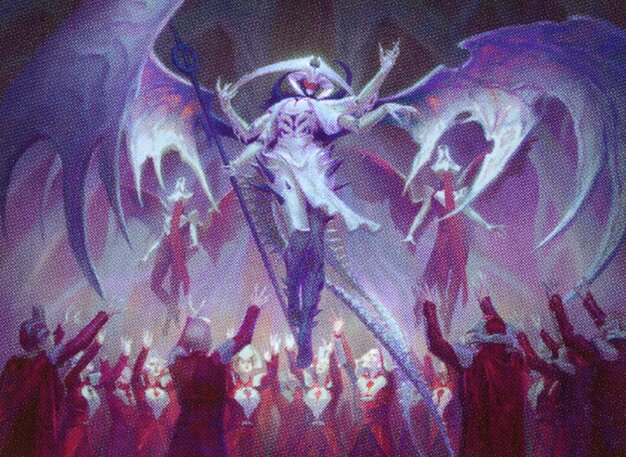
Atraxa, Grand Unifier
Leverages proliferate mechanics to build counters on creatures and planeswalkers, enhancing board control and incremental advantage. Aims to stabilize through removal and outvalue opponents with planeswalker ultimates.
Gameplay Insights
- 1
Feldon’s ability to repeatedly cast threats from the graveyard allowed him to maintain pressure even after board wipes.
- 2
Atraxa’s use of proliferate to strengthen planeswalkers and creatures created a resilient board that required careful removal timing.
- 3
The interplay between graveyard recursion and proliferate-based counters created a dynamic tension where each player had to balance offense and defense carefully.
- 4
Board wipes and targeted removal were pivotal moments that shifted momentum between the players.
- 5
Feldon capitalized on artifact synergies and recursion loops to overwhelm Atraxa’s incremental advantage strategy.
Notable Cards
-

Feldon, Ronom Excavator
-

Atraxa, Grand Unifier
-
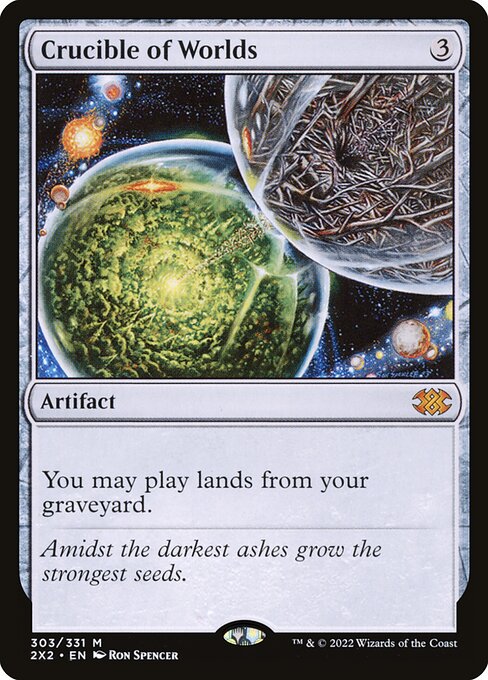
Crucible of Worlds
-
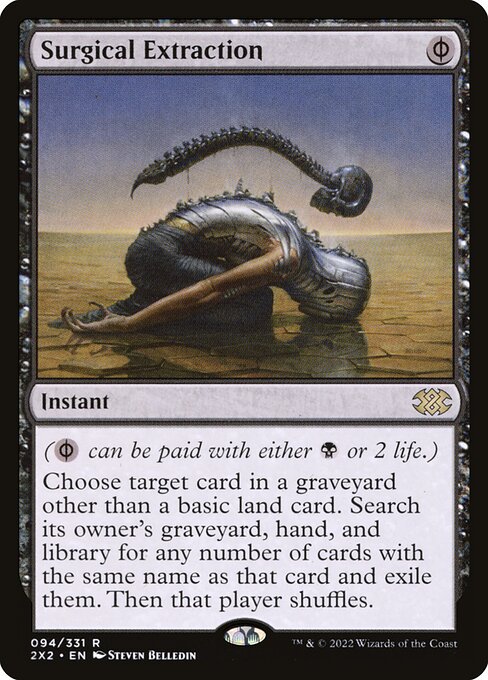
Surgical Extraction
-
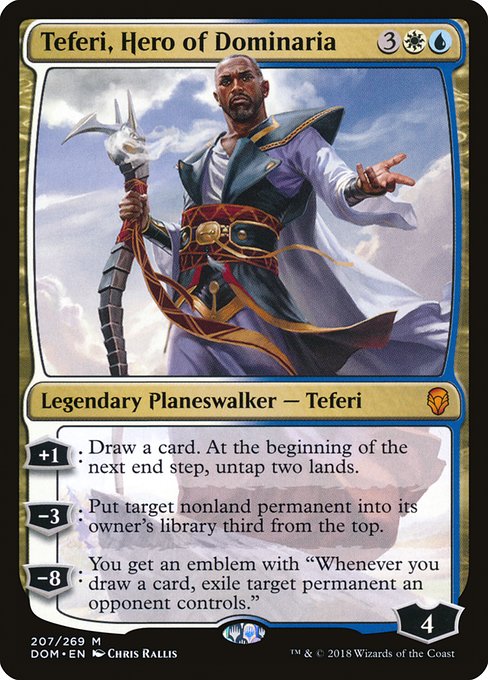
Teferi, Hero of Dominaria
-
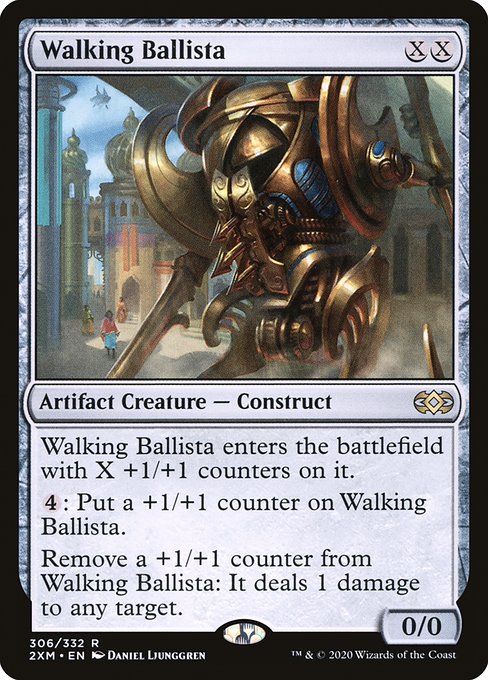
Walking Ballista
Gameplay Summary
The Duel Commander match featured Feldon, Ronom Excavator, facing off against Atraxa, Grand Unifier in a best-of-three series.
Feldon’s deck focused on recurring powerful artifacts and creatures from the graveyard to create sustained board presence and value, while Atraxa utilized proliferate synergies and a strong suite of counters and planeswalkers to accelerate her board state.
Over the three games, Feldon leveraged his graveyard recursion to repeatedly cast impactful threats, pressuring Atraxa’s life total and board control.
Atraxa responded by building board resilience through counters and removal spells, aiming to stabilize and slowly overwhelm with incremental advantage.
The key turning points involved Feldon assembling multiple recursion loops and artifact synergies, while Atraxa sought to disrupt with removal and gain incremental advantage through proliferate triggers.
Ultimately, the match showcased a dynamic interplay between graveyard recursion tempo and counter-based board control with Feldon narrowly securing victory through relentless board development and graveyard value.



















